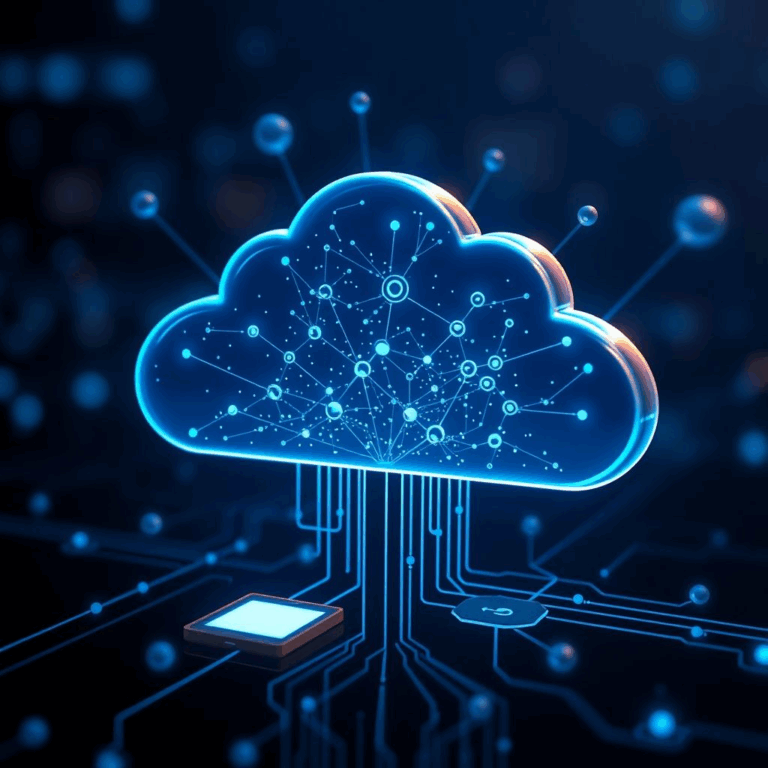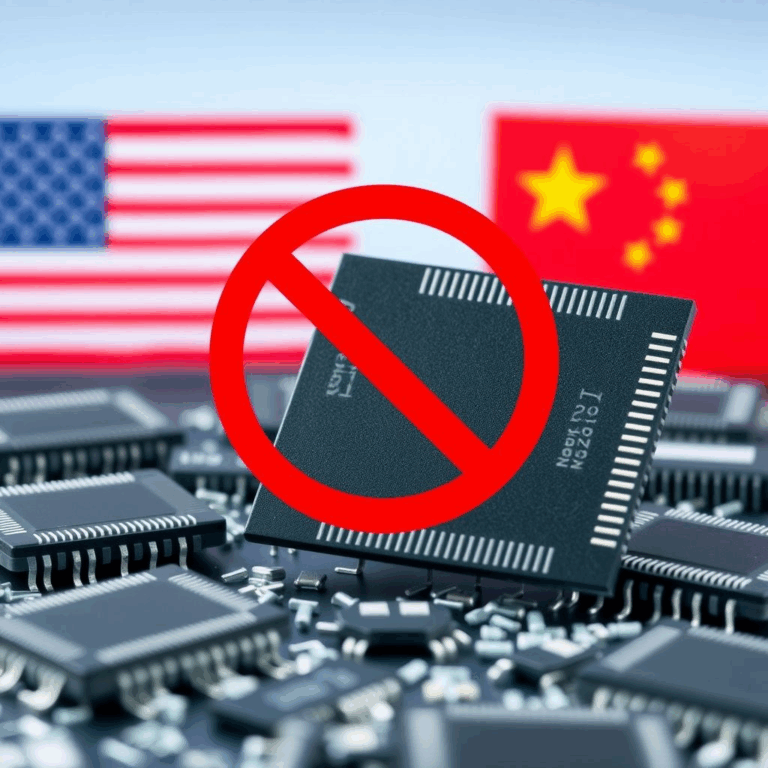Thomson Reuters, Icertis, and Accenture form contract intelligence alliance
Introduction: A Strategic Alliance for the AI Era
In the latest sign of how artificial intelligence is transforming enterprise operations, Thomson Reuters, Icertis, and Accenture announced on September 11, 2025, a new strategic alliance to accelerate the adoption of contract intelligence solutions. The collaboration combines Thomson Reuters’ deep legal expertise, Icertis’ leading contract lifecycle management (CLM) platform, and Accenture’s enterprise integration capabilities.
The aim is clear: help organizations unlock the full potential of their contracts by turning static legal documents into dynamic sources of business intelligence. In a global economy where contracts govern trillions of dollars in business activity, this alliance promises to reshape the way enterprises manage risk, compliance, and performance.
The Growing Importance of Contract Intelligence
Contracts are the backbone of commerce. From vendor agreements to employee contracts, from mergers and acquisitions to supply chain deals, these legal documents define business relationships and obligations.
Traditionally, contracts have been difficult to analyze at scale. They often sit in disparate systems, with key terms buried in legal language. Manual review is slow, expensive, and prone to human error.
Enter contract intelligence—a fast-growing field that uses AI and machine learning to extract, analyze, and manage contract data. By digitizing and interpreting contracts, companies can:
- Identify risks faster
- Ensure compliance with regulations
- Optimize supplier and customer relationships
- Forecast financial impacts
- Reduce legal and operational costs
According to Gartner, by 2028, 60% of large enterprises will deploy AI-driven contract intelligence solutions, up from less than 15% in 2023. This alliance between Thomson Reuters, Icertis, and Accenture positions the three firms at the forefront of this trend.
The Three Partners: Strengths and Roles
1. Thomson Reuters
A global leader in legal, tax, and compliance intelligence, Thomson Reuters has decades of experience providing trusted information to lawyers, corporations, and governments. Its flagship platforms like Westlaw, Practical Law, and HighQ are widely used across industries.
In this alliance, Thomson Reuters will contribute its legal domain expertise, AI research, and content libraries to ensure contract intelligence solutions are legally sound and comprehensive.
2. Icertis
Headquartered in Washington, Icertis is a pioneer in contract lifecycle management (CLM). Its Icertis Contract Intelligence (ICI) platform is used by over 2,000 enterprises, including Microsoft, Airbus, and Daimler.
Icertis brings to the table its AI-powered CLM system, which uses natural language processing (NLP) and machine learning to analyze contract data. By integrating Thomson Reuters’ legal knowledge, Icertis aims to make its platform more robust and industry-specific.
3. Accenture
As one of the world’s largest consulting and professional services firms, Accenture specializes in digital transformation and enterprise integration. Its role in the alliance is to deploy, customize, and scale contract intelligence solutions across industries and geographies.
Accenture’s ability to integrate AI into existing ERP, CRM, and supply chain systems ensures that contract intelligence does not remain siloed but becomes a core part of business operations.
Why This Alliance Matters Now
The timing of this alliance is no coincidence. Several market dynamics are driving demand for contract intelligence:
- Regulatory Complexity
- Companies face ever-growing compliance requirements—data privacy laws, ESG disclosures, financial reporting, and trade restrictions. Contract intelligence helps automate compliance monitoring.
- Global Supply Chain Disruptions
- Post-pandemic, many companies discovered blind spots in their contracts regarding force majeure clauses and supplier obligations. AI-powered insights can reduce such risks.
- Rise of Generative AI
- Tools like GPT-5 are pushing enterprises to rethink knowledge management. Applying generative AI to contracts opens possibilities for predictive insights, negotiation support, and automated drafting.
- Cost Pressures
- With legal budgets under scrutiny, general counsels are turning to technology to reduce reliance on expensive manual contract reviews.
By uniting, Thomson Reuters, Icertis, and Accenture are offering an end-to-end solution—from legal expertise to AI analysis to enterprise deployment.
Industry Reactions
Legal Sector
Law firms and corporate legal departments have welcomed the move. Mark Cohen, CEO of Legal Mosaic, noted, “The future of law is not about billable hours—it’s about value creation. This alliance signals a shift toward data-driven legal services where contracts become strategic assets.”
Corporate Leaders
CFOs and CEOs are equally interested. Contracts define financial outcomes, from revenue recognition to supplier payments. By making contracts machine-readable and analyzable, executives gain real-time visibility into obligations and risks.
Technology Analysts
IDC analysts described the alliance as “a watershed moment in enterprise contract management,” predicting that it will accelerate adoption across Fortune 500 companies.
Use Cases: What Contract Intelligence Can Do
- Risk Management
- Identify hidden clauses that expose companies to financial or legal risk.
- Monitor compliance with ESG commitments.
- Supplier Optimization
- Compare terms across thousands of supplier contracts to negotiate better deals.
- Flag non-standard clauses that may cause disputes.
- Revenue Assurance
- Ensure sales contracts are executed properly to maximize revenue recognition.
- Spot missed billing opportunities.
- Mergers & Acquisitions
- Automate due diligence by quickly analyzing thousands of contracts during M&A.
- Contract Drafting
- Use AI to suggest clauses based on industry standards and company policies.
Competitive Landscape
The contract intelligence market is becoming increasingly competitive. Rivals include:
- DocuSign CLM – Popular but less focused on deep legal content.
- Coupa – Strong in procurement but limited in legal AI.
- Ironclad – A fast-growing startup but lacks enterprise-scale integration.
The combination of Thomson Reuters’ legal content, Icertis’ AI platform, and Accenture’s global reach creates a formidable offering that competitors will struggle to match.
Potential Challenges
While the alliance has strong potential, it also faces challenges:
- Data Privacy & Security – Storing and analyzing sensitive contracts requires top-tier security.
- Change Management – Convincing legal teams to adopt AI tools may face resistance.
- Integration Complexity – Large enterprises often run multiple systems that may not align easily.
- Competition from Big Tech – Players like Microsoft, Google, and AWS could enter the contract intelligence space with their AI capabilities.
Expert Insights
Sunil Nayak, Managing Director at Accenture, commented:
“Contracts are no longer static records—they are living assets. With this alliance, we’re enabling companies to unlock the intelligence embedded within them.”
Deidre Stanley, General Counsel at Thomson Reuters, added:
“Our mission is to connect trusted legal expertise with cutting-edge technology. This partnership allows us to do exactly that, at scale.”
Samir Bodas, CEO of Icertis, emphasized:
“Contracts govern every dollar in and out of an enterprise. Together, we will redefine how organizations manage that value.”
Future Outlook
The alliance is expected to roll out joint solutions in early 2026, targeting industries such as:
- Financial Services – Compliance-heavy sector where contract oversight is critical.
- Manufacturing – Complex supplier contracts and global supply chains.
- Healthcare & Pharma – Regulatory-heavy contracts for clinical trials and drug supply.
- Energy – Large-scale contracts for exploration, production, and ESG commitments.
Analysts predict that if successful, the partnership could capture 15–20% of the global CLM market by 2030, representing billions in revenue.
Beyond contracts, the alliance may expand into AI-driven regulatory intelligence, risk analytics, and digital dispute resolution.
Conclusion
The partnership between Thomson Reuters, Icertis, and Accenture represents a bold step toward AI-powered contract intelligence. In an era where business agility depends on data-driven insights, this alliance is not just about managing documents—it’s about reshaping how enterprises view contracts as strategic assets.
By combining legal expertise, AI technology, and enterprise deployment, the alliance has the potential to transform global commerce. The next few years will show whether this collaboration becomes a defining force in the evolution of legal tech and enterprise intelligence.







